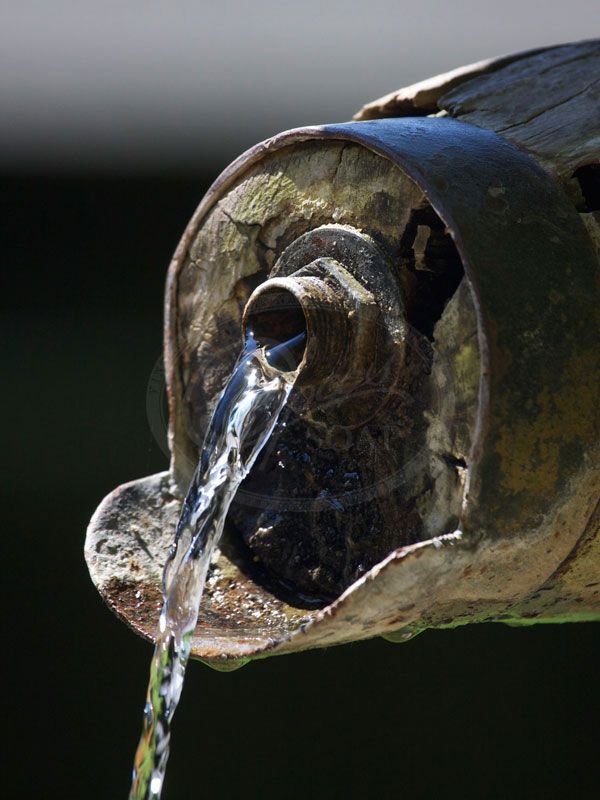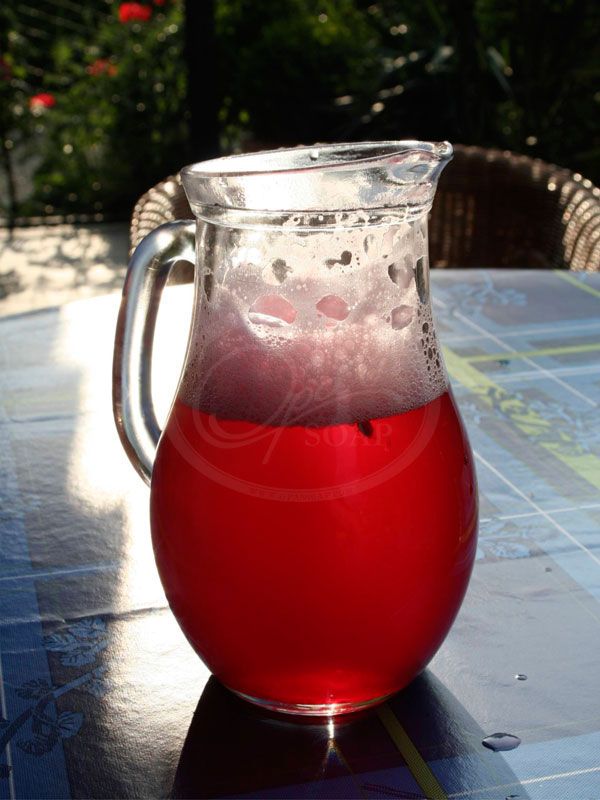Myths about Water & Health
Myth #1: 2 Quarts of water daily (64oz) is all adults need to stay hydrated.
Actually, the current recommendation is 1/2oz per body weight. So if you are 150lbs, you would need 75oz of water a day to be adequately hydrated.
The larger the person, the higher the metabolic load, and thus the more water is required.
Myth #2: Thirst is the best indicator of dehydration.
Your thirst mechanism does not kick in until you are mild dehydrated. Monitoring the color if your urine may be the best indicator of hydration. Clear to pale yellow urine denotes adequate hydration while dark yellow to gold urine indicates a need to drink more water.
Taking a multivitamin may tine the color of your urine. Another method for monitoring hydration is to keep track of how often you visit the bathroom. Urinating at least every 2 hours is also a good sign that you are drinking enough water.
Myth #3: It is unhealthy to drink too much water
With the exception of certain health conditions, your body will only use the water it needs and will eliminate the rest.
Under normal conditions there is no risk associated with drinking too much water. It is recommended that water be sipped slowly instead of gulped down, which can cause gastric distress.

Myth #4: Drinking at lot of water is toxic to your kidneys
Water is required for good kidney function. When water intake is insufficient, the kidneys must compensate by excretion more concentrated urine, which may lead to the formation of kidney stones.

Myth #5: If you have a problem with fluid retention, drink less water
In fact the opposite is true. When your body is deprived of water, it perceives this as a threat to survival and compensates by conserving water.
Drinking an adequate amount of water (1/2oz per pound of body weight) will help your body maintain proper fluid balance and also flush our excess sodium, which can contribute to fluid retention. If you take a diuretic, be sure to drink plenty of water.
Myth #6: Bottled water does not contain fluoride
False, a number of bottled water companies produce fluoridated water. Fluoride levels are typically 1.00 ppm the level recommended by the American Dental Association and other leading health organizations.
Myth #7: You need more water in the summer than in the winter
Dehydration may appear only to apply in hot summer months, but keeping your body well-hydrated in the winter is just as important.
During winter sports activities, you won’t appear to be sweating as much. However, your body is still losing fluids and drinking water is a must or athletic performance will be affected.










